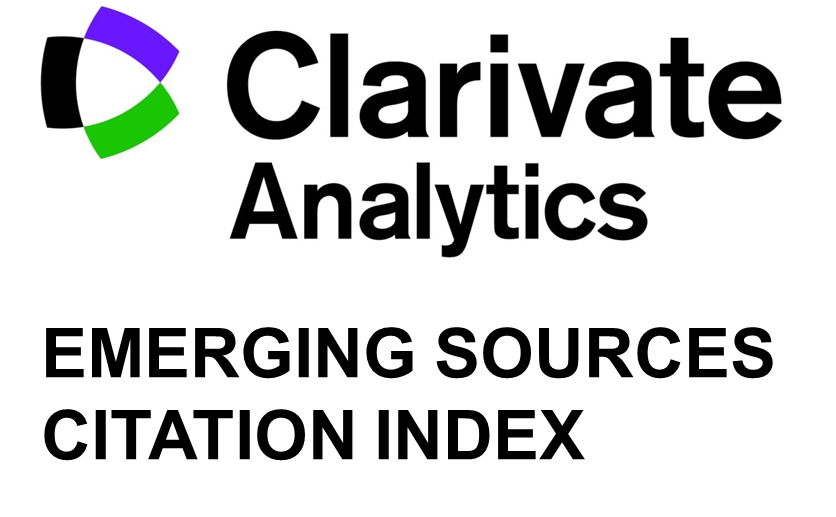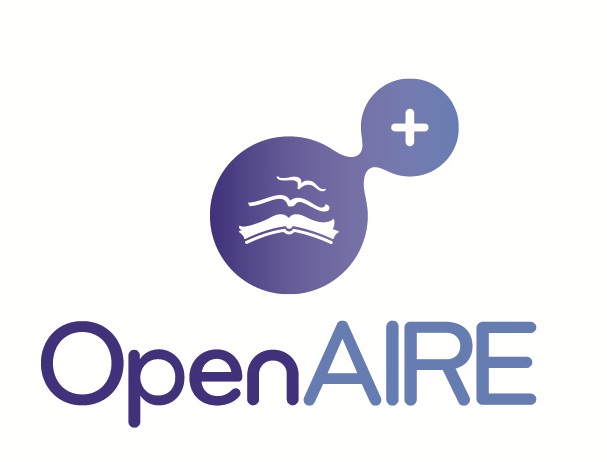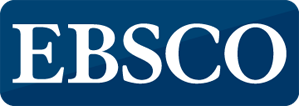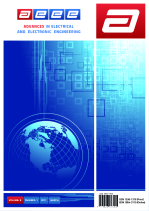Focus and Scope
The Advances in Electrical and Electronic Engineering is a peer-reviewed periodical scientific journal aimed at publishing research results of the Journal focus areas. The Journal is published by the Faculty of Electrical Engineering and Computer Science, VSB–Technical University of Ostrava, the Czech Republic. The role of the Journal is to facilitate contacts between research centers and the industry. The aspiration of the Editors is to publish high-quality scientific professional papers presenting works of significant scientific teams, experienced and well-established authors as well as postgraduate students and beginning researchers. All articles are subject to anonymous review processes by at least two independent expert reviewers prior to publishing on the Advances in Electrical and Electronic Engineering website.
Abstracting and Indexing
The articles of the Advances in Electrical and Electronic Engineering Journal are indexed/reviewed in the following international databases/resources:
- Directory of Open Access Journals (DOAJ)
- OpenAIRE
- Google Scholar
- EBSCO Publishing
- SciVerse Scopus
- ProQuest
- Web of Science, Core Collection, Emerging Sources Citation Index
Section Policies
Electrical and Electronic Engineering
- Power engineering and electrical engineering
- Information and safety-related systems
- Information and communication technologies and services
- Control engineering
- Mechatronics
- Theoretical and applied electrical engineering
- Electrical materials and equipment
- Biomedical engineering
- Industrial applications
- Electrical traction, and its security
- Reliability and safety of electronics devices
- Modern design of electrical devices
Computer Science and Information Technology
- Software engineering
- Database management systems
- Theoretical computer science
- Data analysis
- Computer systems and networks
- Digital image processing and computer graphics
Applied Mathematics
- Mathematical analysis and numerical mathematics
- Discrete mathematics
- Statistics
Physics and Optics
- Optics and optoelectronics
- Applied physics
STI: Cloud-enabled Cyber-Physical Systems for Industrial Control and Monitoring
Extended papers from LUX EUROPA 2022
Peer Review Process
The aim of the whole peer-review procedure is to ensure the professional quality of the Journal. The task of reviewers is professional assessment of the submitted articles. All articles must be written and provided according to a specified template in electronic form. Reviewers summarize their comments and recommendations in electronic review forms in agreement with the Journal system. The review forms are provided to author(s) in case that any shortcomings have been found in the article in question. Should this prove to be the case, the shortcomings have to be corrected before publishing.
A submitted article will be published on the condition that reviewers recommend it for publication and that its author adequately responds to all presented comments and removes any possible ambiguities. The corrected article may also be subject to another review if a reviewer specifically requires it (revision required, or resubmitted for another review).
Moreover, each article is subsequently checked by the Section Editor, Layout Editor and Proofreader to guarantee the maximum quality of the article.
The period of time allocated to elaboration of a peer review is usually about 20 weeks. During this period reviewers elaborate peer reviews of a given article and express their opinions using the online peer-review form in the editing system of the Advances in Electrical and Electronic Engineering Journal.
Why is peer-reviewing in the Advances in Electrical and Electronic Engineering important?
- It works as a filter separating and eliminating poor-quality articles of lower scientific contribution.
- It increases the scientific quality of papers presented by the Journal and defines other directions of research and science in the technical, mathematical and physical branches.
Prior to reviewing the given article, each reviewer should become aware of the following issues:
- whether or not he/she is qualified enough to review the given article,
- whether or not he/she has enough time to elaborate a peer review in the required quality,
- whether or not there is any conflict of interests on his/her side concerning elaboration of a peer review of the respective article.
Guidelines for reviewers
![]() Flash Animation (exe file)
Flash Animation (exe file)
Publication Frequency
Articles for publication in the Advances in Electrical and Electronic Engineering are released quarterly in the spring, summer, fall, and winter issues. The periodical is published four times a year in electronic on-line version, as a rule on:
- March 31,
- June 30,
- September 30,
- December 31.
Regular article submissions are accepted throughout the year. The period of time between submitting an article and its publication is about:
- 5-10 months.
In the meantime, every article undergoes the review process and the necessary check-ups. As soon as all the required arrangements have been made, the author(s) and co-author(s) get a message via the messaging system or by the Editor´s email saying that the article has been accepted for publication. If need be, the author(s) and co-author(s) are also informed either via the messaging system or by the Editor´s email about all inadequacies and the reasons for the necessary corrections of the article, or for its rejection.
Special issues from conference
Our Journal does not publish any conference materials (e.g. papers submitted to conferences), with the possible exceptions of the invited keynote speakers, or some specially selected papers. It means that only papers of sufficiently good scientific quality will be accepted. However, the extended versions of full papers, different from those presented at conferences, can be published. A paper submitted to this Journal should differ from the previously published material by at least:
- 40 percent.
The Journal Editor´s Office requires the conference proceedings/articles, which are sent for publication in a special issue and the extension of which is to be evaluated, to be delivered on CDs well in advance. The decision about the acceptance or the rejection of the material depends on the recommendations of:
- two independent reviewers,
and, on top of that, only in the event that:
- one of them is appointed by the given Conference Scientific Committee, and,
- the second one by the Journal Editorial Board.
In questionable cases, the Editorial Board may reject papers recommended by a third referee (third party). T
Open Access Policy
The Advances in Electrical and Electronic Engineering is an open access journal, which means that all the contents are available cost-free for users and their institutions. Users are allowed to read, download, copy, distribute, print, search, or link to the full texts of the articles, or use them for any other lawful purposes, without asking for prior permission from the publisher or the author(s). This regulation is in compliance with the BOAI open access definition.






















